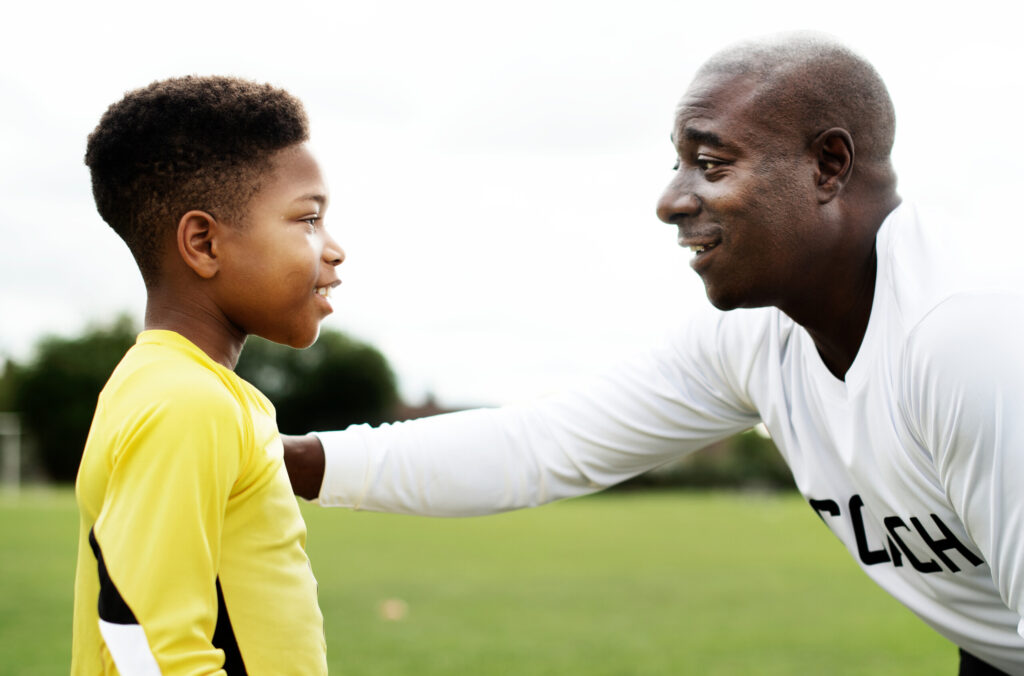Disordered eating in elite athletes
Athletes face a heightened susceptibility to disordered eating compared to non-athletes. Social and sport pressures influence disordered eating behaviours among elite athletes. Interviews with 9 male and female athletes reveal insights into the complex interplay between societal norms, athletic demands, and dietary practices.
Addressing mental health in elite youth athletes
A recent review shows that research on elite youth athletes often focuses on disordered eating, anxiety and depression and that risk factors for mental health issues include gender, athlete status, and social relationships with coaches, parents and guardians, and peers. These findings highlight the pressing need for effective prevention measures to safeguard the mental health…
Sport for mental health support
While sports are known for promoting physical health, their mental health benefits are often overlooked. This study examines ‘Tackling the Blues’, a school program based in the UK that uses sports and activities to address mental health among students. Findings reveal the program positively impacted students’ comprehension of relationships, emotions, and stress, showing its potential…
Mental fatigue and sport performance
Mental fatigue is common among many athletes due to the high cognitive demands of sport. Mental fatigue in athletes has been shown to significantly impair both endurance and technical abilities, such as passing and shooting accuracy.
Mental health and performance in elite tennis players
Elite athletes often grapple with keeping their mental health in check while striving for peak performance. Digging into the experiences of Swedish elite tennis players and exploring how they manage this up and down balancing act of mental health and performance throughout their careers shows the importance of support from sports psychologists.
Canadian Association for Suicide Prevention: Support Services Directory
Creating safe spaces in recreational sport: A mental health perspective

Sports are often celebrated for their physical benefits, but they also play a crucial role in mental health. Participation in sports can improve mood, stress relief, and foster a sense of belonging (Bruner et al., 2018; Panza et al., 2020). However, while these benefits are well-documented, they aren’t always guaranteed. In fact, sport participation can…
The evolving role of coaches in athlete mental health

A coach’s influence In recent years, the mental health of athletes has garnered significant attention, both on and off the global stage. With young athletes and parents talking more openly about mental health, coaches are now finding themselves at the forefront of this discussion by being held responsible for recognizing and addressing mental health issues…
Putting mental health and performance at the heart of athlete development

Many different factors need to be considered to provide optimal development experiences for athletes. The supports and skills needed to promote lifelong sport engagement and the potential to achieve high performance go beyond the physical and sport-specific. In fact, the knowledge, attitudes, attributes and skills that promote athletes’ mental performance, mental health, relationship quality, and…
NoRefNoGame: The mental health costs of referee abuse in sports

A leading sport administrator, with over 3 decades of experience working with some of the biggest sport bodies in the country, says the kind of abuse faced by referees at all levels of sport in Canada has reached a “crisis” point that requires drastic measures. Johnny Misley, a former top official with Hockey Canada and…